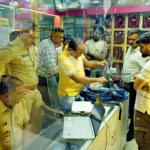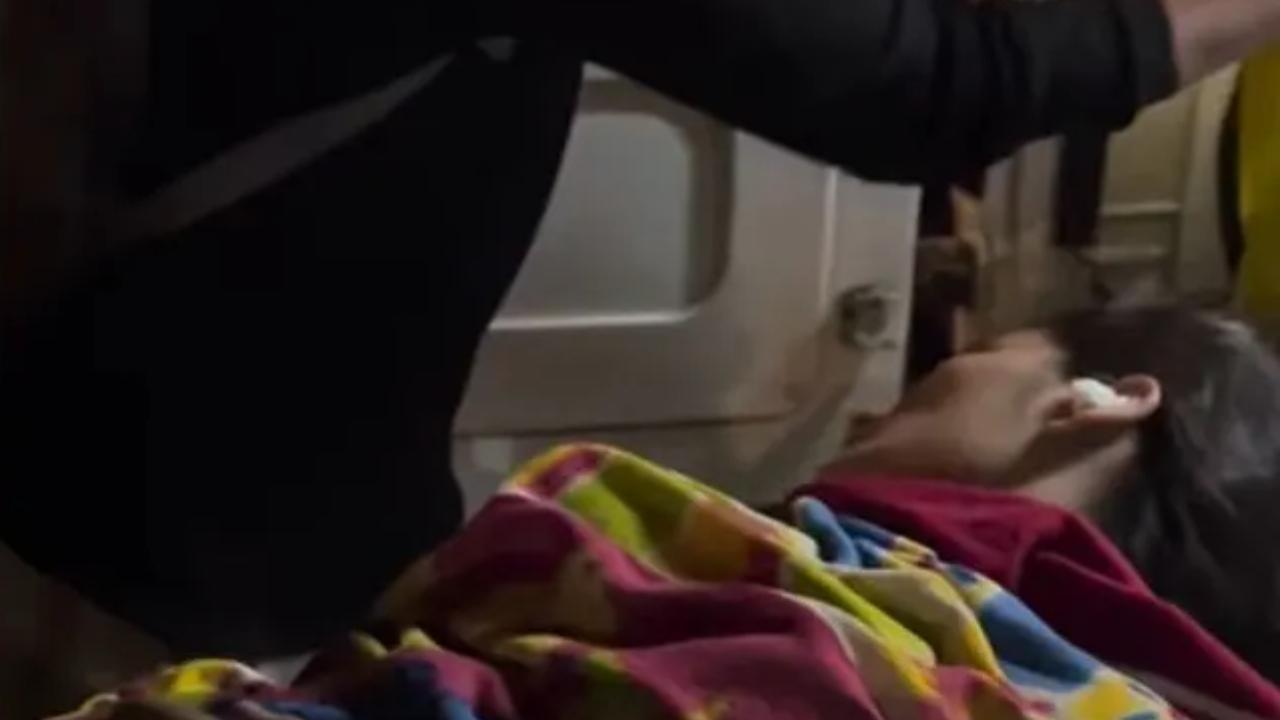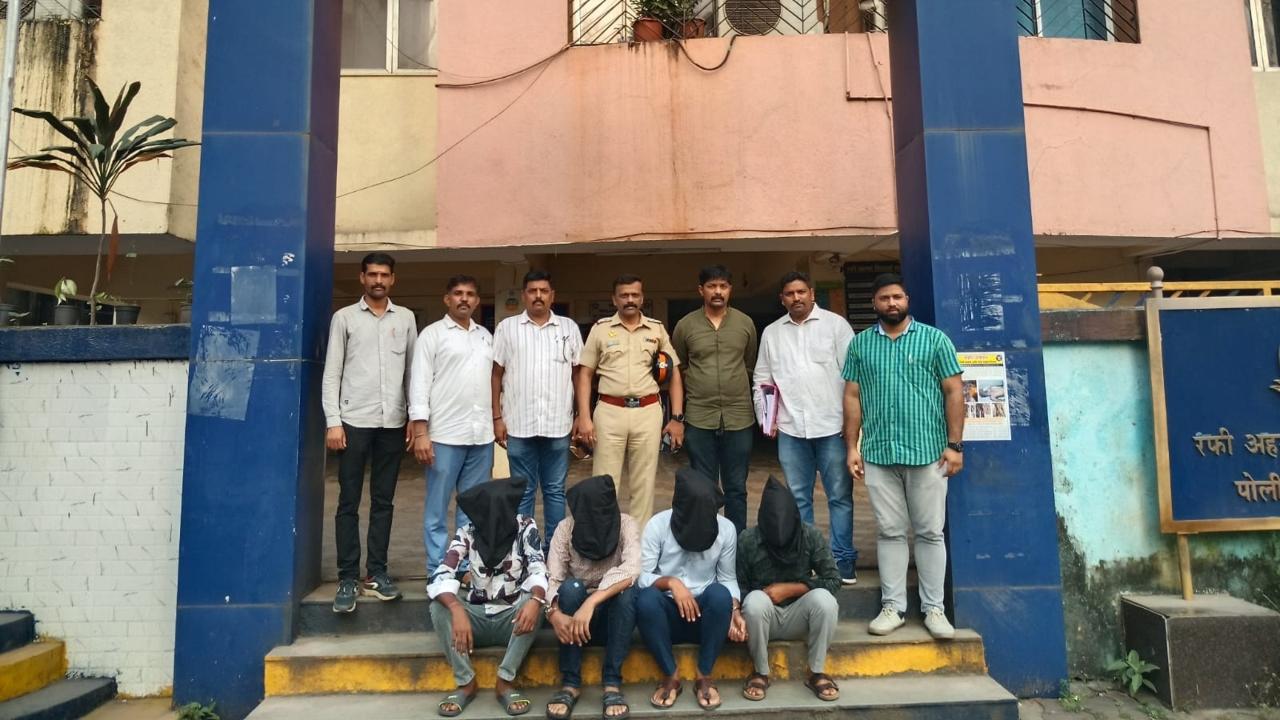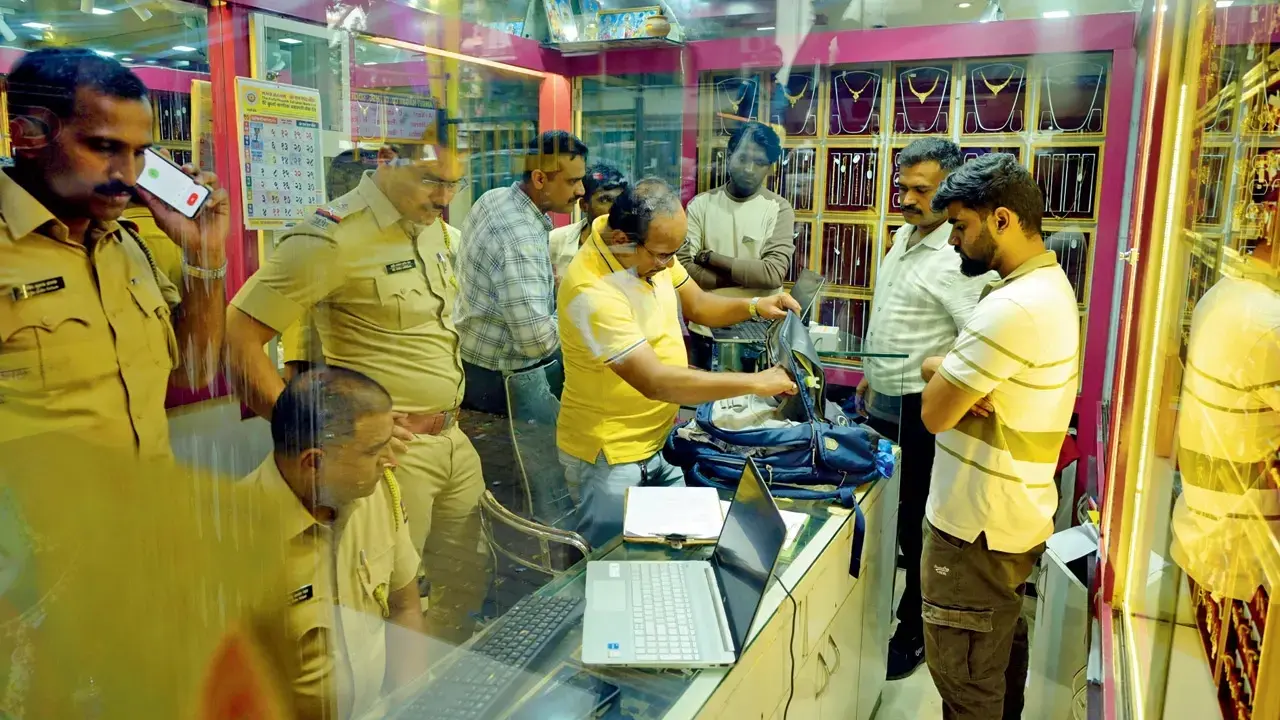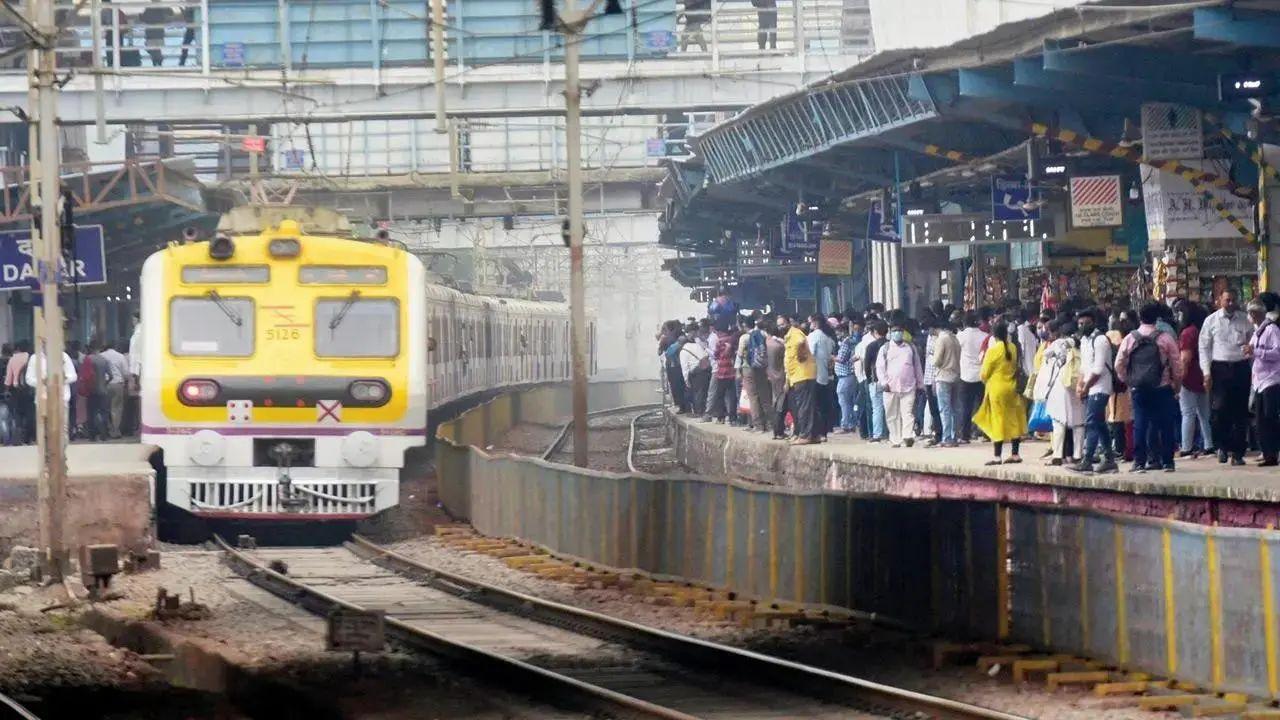A recent incident at Ram Mandir railway station has once again exposed the glaring lack of medical preparedness on Mumbai’s suburban rail network. A pregnant woman was forced to deliver her baby on the platform while her companion sought help from a doctor over the phone — because the station had no Emergency Medical Room (EMR).
According to Right to Information (RTI) data obtained by railway activist Samir Zaveri in August 2025, out of nearly 100 stations on Central Railway’s suburban network, only four have functional EMRs. On Western Railway, only 14 of 29 stations are equipped with them.
This is despite a Bombay High Court order in Public Interest Litigation (PIL) No. 50 of 2008 — also filed by Zaveri — which made it mandatory for all suburban stations to have 24×7 EMRs staffed with doctors. Legal experts warn that the continuing non-compliance could amount to contempt of court.
The issue extends beyond medical rooms to the scarcity of ambulances. Mumbai’s suburban trains carry over 80 lakh commuters daily, yet only 15 Central Railway stations currently have 108 emergency ambulances stationed.
In a letter dated June 16, 2025, to the Maharashtra chief minister, Zaveri demanded that ambulances be deployed at every station without delay. He reminded the government that the 108 ambulance service itself was introduced under the Bombay High Court’s 2008 directives.
“The Ram Mandir incident is not an isolated one. Every day, lives are endangered because of the absence of medical facilities on suburban platforms. The railways must be held accountable for wilful non-compliance,” Zaveri said.
Passenger associations and activists argue that immediate medical help during the “golden hour” after an accident or medical emergency could save hundreds of lives each year. Yet, 17 years after the court’s ruling, Mumbai’s busiest transport system remains critically underprepared.
Railway officials said that medical emergency rooms exist at a few major stations and that the railways have signed agreements with over 70 nearby hospitals to provide emergency treatment to passengers. More agreements are in the process of being signed.





